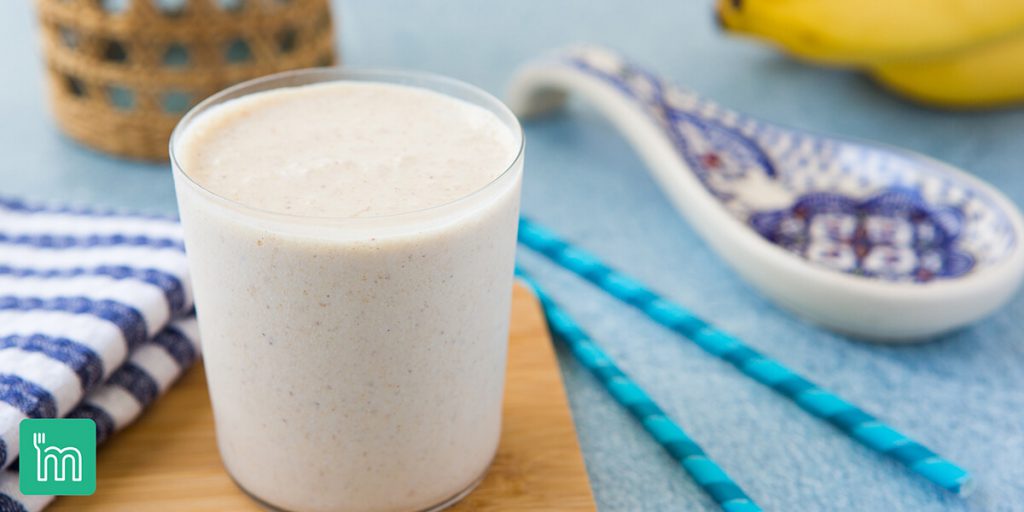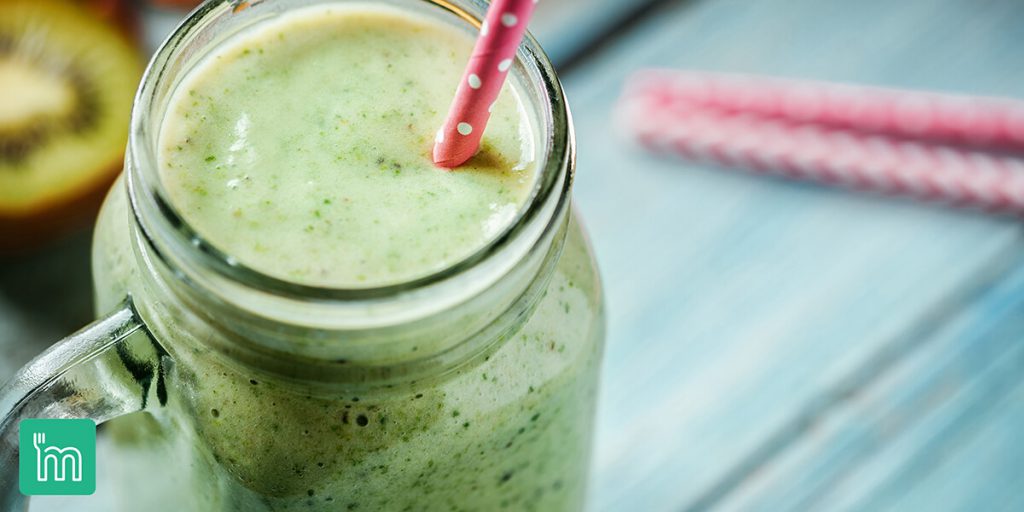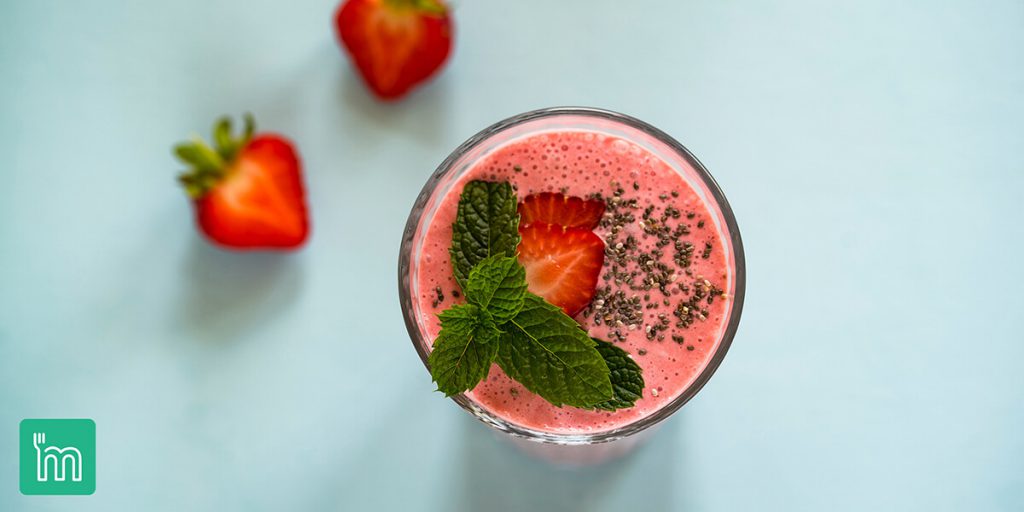With so much hype in supplements nowadays, it’s important to know the difference in what you’re taking. Protein powders come in many different forms including whey, casein, plant-based (soy, rice, hemp and pea) and new in popularity, collagen. With all the buzz surrounding collagen powders lately, we’re breaking down the main differences between old-school whey protein and new-comer, collagen protein powders.
Protein powder is a dietary supplement containing essential amino acids known as the “building blocks” for protein synthesis or muscle development. Complete proteins contain nine essential amino acids that cannot be produced by the body.
Those nine essential amino acids are: histidine, isoleucine, leucine, lysine, methionine, phenylalanine, threonine, tryptophan, and valine. You can find all nine of these essential amino acids in whole foods like red meat, poultry, fish, eggs, milk, cheese, yogurt, soybeans and quinoa. You can also find them in whey protein.

What is Whey Protein?
Whey protein (whey concentrate or whey protein isolate) is a complex complete protein source derived from milk. Whey isolate is a processed form of whey in which the fat and carbohydrate content is reduced to a 90% protein composition versus concentrate, which consists of about 80% protein and does not undergo processing. Whey protein is a great supplement to a healthy diet for building lean muscle, reducing cravings, burning fat, and boosting metabolism.
If traditional whey protein has so many benefits, and is so popular for post-workout recovery, why are so many people switching to collagen protein?
What is Collagen Protein?
Collagen is one of the most abundant complex proteins found in the body (bones, tendons, muscles, skin, digestive system). It is key in the regeneration of all connective tissues, providing elasticity and strength to our skin while also replacing dead skin cells.
Research has shown that supplementation with collagen powder not only promotes a healthy gut microbiome, and speeds exercise recovery for muscles and joints, but can also boost metabolism for fat loss. Because collagen is rich in the amino acid arginine, it aids in the body’s ability to make protein from other amino acids to promote lean muscle development. With an increased muscle mass, the human body’s resting metabolic rate (i.e. the rate at which your body burns energy at complete rest) increases, boosting our ability to burn calories.
Aside from supplementation in the form of protein powders, collagen is found naturally in bone broth containing a number of powerful amino acids including proline, glycine, and glutamine. These amino acids not only help our joints move easily and reduce degeneration, but also assist our digestive system with the breakdown of proteins to optimize the lining of the GI tract and prevent leaky gut syndrome (toxins passing through the lining of the GI tract).

What’s the Difference Between Whey and Collagen?
The major difference between whey and collagen protein is that collagen is not considered a “complete protein.”
Collagen contains only eight out of nine essential amino acids while whey contains all nine. The ratio of these amino acids also differs between whey and collagen, as whey concentrate contains a large composition of key branch-chain-amino-acids (leucine, isoleucine, valine) essential for lean muscle growth. Collagen on the other hand is rich in proline and glycine, which are key amino acids for optimizing joint, skin and gut health.
Overall, for a goal of lean muscle development a complete protein source such as whey is the best option (or a complete plant-based source such as hemp). However, collagen is a key component for optimizing workout recovery and health if muscle gains are not the ultimate goal. For vegans looking to boost their collagen intake, look out for plant-based collagen boosters and supplements, which are a great way to add collagen into your diet.
Whey Protein Benefits
- Whey is a complete protein, containing all nine essential amino acids
- Helps build muscle.
- Reduces cravings.
- Burns fat.
- Increases metabolism.
Collagen Protein Benefits
- Promotes a healthy gut biome.
- Speeds exercise recovery.
- Promotes lean muscle development.
- Boosts resting metabolic rate.
- Optimizes joint, skin and gut health.
- Note: Collagen is not a complete protein, as it contains eight out of the nine essential amino acids.

Protein Powder Shake Recipes
Whether you decide on whey or collagen, these protein powder shake recipes from Mealplan App will add a delicious spin to your recovery supplement.
Michelle Lewin’s Anti-Inflammatory Protein Shake: A powerful recovery shake containing a number of natural ingredients including ginger, turmeric, cayenne pepper and powerful detoxifiers.
Jen Heward’s Berry Almond Smoothie Bowl: A smoothie you can eat with a spoon and tastes like a delicious chocolate raspberry treat!
Mike O’Hearn’s Green Machine Smoothie: Speed up muscle recovery with this powerhouse smoothie made with kale, cinnamon, 1,000 mg of vitamin C and your choice of protein powder.
Cam Speck’s Keto Almond Shake: Made with protein powder, coconut milk, almond butter and coconut oil, making a delicious, rich, and creamy pre or post-workout keto snack.
Amanda Meixner’s Superhero Green Shake: Made with two whole cups of spinach, banana, avocado, chia seeds and whey collagen or plant-based protein powders.
References
Devries MC, Phillips SM. Supplemental protein in support of muscle mass and health: advantage whey. J Food Sci. 2015.
Shang, N., S. Chaplot, and J. Wu. “Food proteins for health and nutrition.” Proteins in Food Processing. Woodhead Publishing, 2018. 301-336.
]]>


